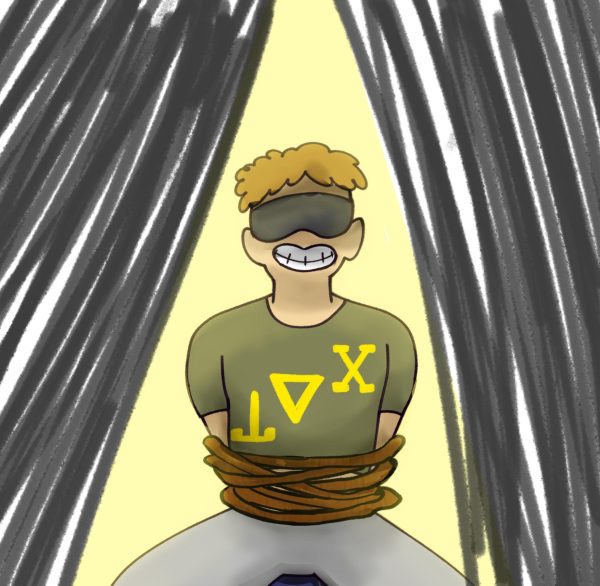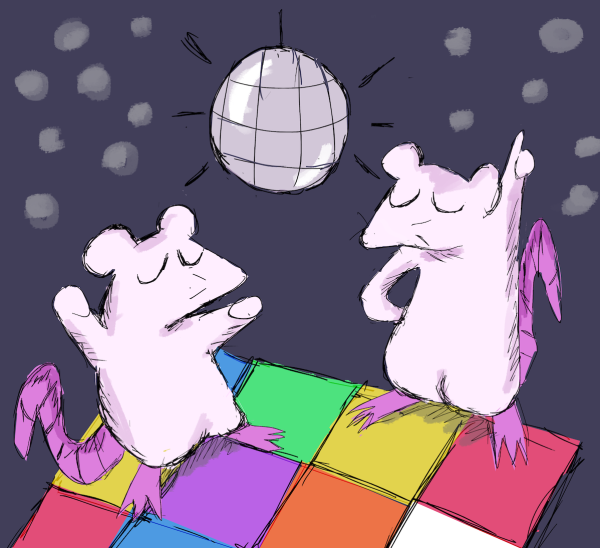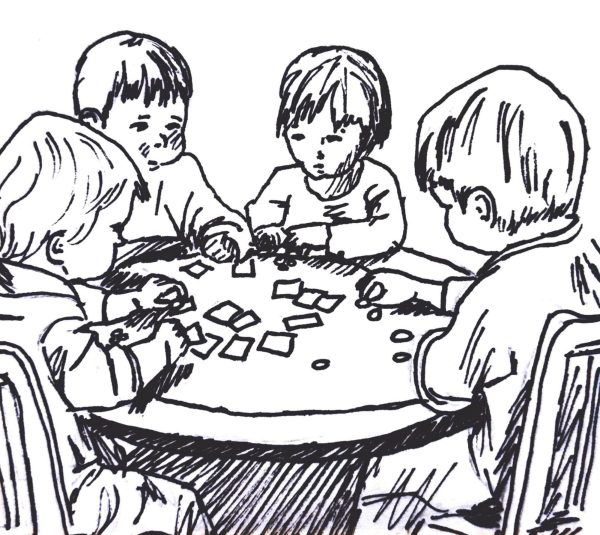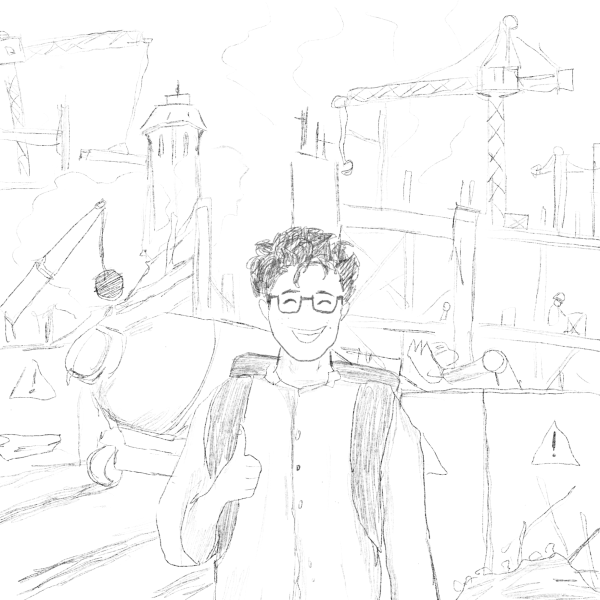Lost friends: complacency is dangerous
In an individualistic culture focused on success, we take friendship for granted
Many see friendships as a comfort blanket: a shoulder to cry on, a reliable soul to confide in. Yet, the atomized nature of our lives causes us to inevitably fall victim to selfishness and crave discomfort. We seek individual success, and the people we lose along the way are part of the process.
We have become too complacent with losing friends.
The chaos and neverending hustle and bustle that accompanies everyday life is an aggressive obstacle in the pursuit of stable friendships. As students, we use this excuse to shrug off losing people who we once thought to be loved ones. According to Jennifer Senior from The Atlantic, losing a friend is a “quiet, gray dissolve.” Perhaps it’s not tangible enough to warrant due action, but spending time not talking to an old friend is very different from them leaving your life forever.
Instead of viewing our lives as a race, where everyone is on their own path to some form of success, we must relearn to value the connections we make along the track. We must reevaluate the harm of radical, individual freedom.
In order to prove that our lives revolve around this race to success, we must first define radical individualism. According to writer Matthew Miller, this term refers to a social theory “that elevates the freedom of the individual over the collective.” Under the Trump administration, radical individualism plagued many debates.
However, radical individualism takes a different approach when applied to everyday people. Although pockets of collectivism still exist and thrive, many of us have fallen victim to an individualistic culture. Society tends to celebrate personal achievement and commend it based on the assumption that winning or succeeding is a consequence of working harder than the next person. But how does this relate to our relationships?
As a society, we idolize the concept of “losing friends on the road to success.” I remember being in high school and hearing, “Don’t worry about losing friendships, just focus on school and getting into college. That’s all that will matter in the long run,” a sentiment that is not unique to my experience. It’s plastered on so many books revolving around how to succeed, and it’s embedded in the way we view growth. Motivational speakers push their audience to be complacent to the inevitable end of losing friends. Spend too much time with friends? You’re losing time better utilized on your achievements. Invest time in your relationships? Invest time in your work instead.
I’m not here to preach about how this mentality insidiously contributes to our ability to easily neglect our relationships. However, I do believe it is valuable to reexamine this way of thinking, considering how integral it is to our lives. This constant need to succeed — which stems from our academics, internships, families, professors and counselors — has blinded us from seeing through the whirlwind of change that accompanies our everyday lives. We are expected to tangibly succeed, earn awards, get higher positions and earn better grades. In order to do so, we will lose friends, and that has sadly become normalized.
When the 9 to 5 is over and done with, if we follow this mentality, we are left alone. When all of our tangible achievements become yesterday’s news, we are left with nothing. We cannot be complacent with losing friendships because they are our anchors.
Yes, pursue success. Challenge yourself. Push limits. Test yourself and the people around you. But contrary to all the Forbes articles and all the self-proclaimed success experts, doing it alone does not make you more successful or any better than someone who achieved it with the help of others.
Put effort into curating healthy relationships and maintaining them through your busy schedule, even when it seems like it leaves no time for anyone else. Because although we may be living in a society that treasures the independent pursuit of achievement, having people to support and love you on the way is far more important than any end result.

I am a native of Hanoi, Vietnam, and spent part of my childhood in Bangladesh and Cambodia. I am a senior majoring in Piano Performance and Communication,...
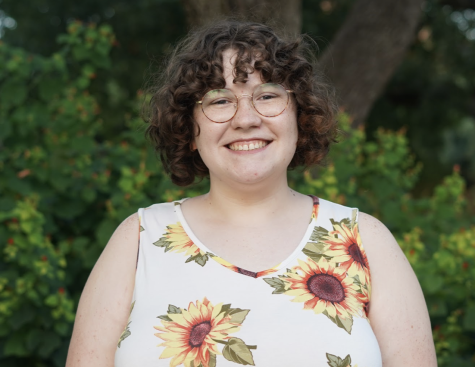
I'm a senior Computer Science major and a Classical Studies minor from Newton, North Carolina with a passion for art. I also work at the Center for Experiential...



